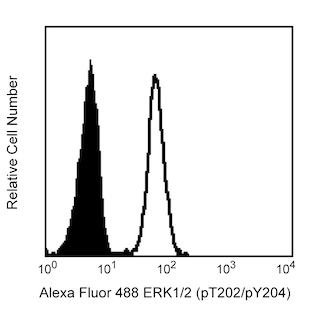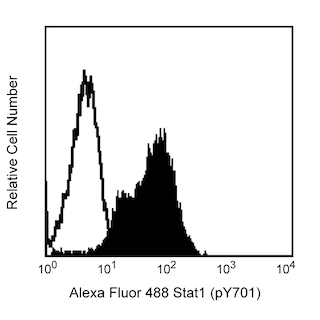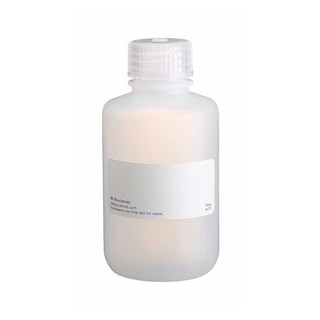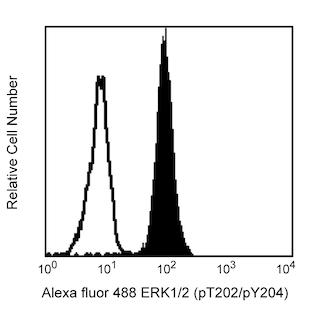-
Training
- Flow Cytometry Basic Training
-
Product-Based Training
- BD FACSDiscover™ S8 Cell Sorter Product Training
- Accuri C6 Plus Product-Based Training
- FACSAria Product Based Training
- FACSCanto Product-Based Training
- FACSLyric Product-Based Training
- FACSMelody Product-Based Training
- FACSymphony Product-Based Training
- HTS Product-Based Training
- LSRFortessa Product-Based Training
- Advanced Training
-
- BD FACSDiscover™ S8 Cell Sorter Product Training
- Accuri C6 Plus Product-Based Training
- FACSAria Product Based Training
- FACSCanto Product-Based Training
- FACSLyric Product-Based Training
- FACSMelody Product-Based Training
- FACSymphony Product-Based Training
- HTS Product-Based Training
- LSRFortessa Product-Based Training
- United States (English)
-
Change country/language
Old Browser
This page has been recently translated and is available in French now.
Looks like you're visiting us from {countryName}.
Would you like to stay on the current country site or be switched to your country?


.png)

Analysis of SLP-76 (pY128) in human peripheral blood lymphocytes. Human peripheral blood mononuclear cells were either stimulated by cross-linking of CD3 and CD28 with NA/LE Mouse anti-Human CD3 (Cat. No. 555329) and NA/LE Mouse anti-Human CD28 (Cat. No. 555725) on ice for 15 minutes, followed by Purified Goat anti-Mouse Ig (Cat. No. 553998) on ice for 15 minutes, then allowed to undergo phosphorylation at 37°C for 5 minutes (shaded histograms) or unstimulated (open histograms). The cells were fixed (BD Cytofix™ buffer, Cat. No. 554655) for 10 minutes at 37°C, permeabilized (BD Phosflow™ Perm Buffer III, Cat. No. 558050) on ice for 30 minutes, blocked with normal mouse immunoglobulin, and then stained with PE Mouse anti-SLP-76 (pY128, Cat. No. 558437) and PerCP-Cy5.5 Mouse anti-human CD3 (Cat. No. 340949). The left panel displays the upregulated phosphorylation of SLP-76 in activated CD3-positive T lymphocytes, while the right panel displays the lack of upregulated SLP-76 phosphorylation in CD3-negative non-T cells. Flow cytometry was performed on a BD FACSCalibur™ flow cytometry system.
.png)

BD™ Phosflow PE Mouse anti-SLP-76 (pY128)
.png)
Regulatory Status Legend
Any use of products other than the permitted use without the express written authorization of Becton, Dickinson and Company is strictly prohibited.
Preparation And Storage
Recommended Assay Procedures
This antibody conjugate is suitable for intracellular staining of human whole blood and mouse splenocytes (using BD Phosflow™ Lyse/Fix Buffer) and peripheral blood mononuclear cells (using BD Cytofix™ Fixation Buffer). Any of the three BD Phosflow™ permeabilization buffers may be used.
Product Notices
- This reagent has been pre-diluted for use at the recommended Volume per Test. We typically use 1 × 10^6 cells in a 100-µl experimental sample (a test).
- Source of all serum proteins is from USDA inspected abattoirs located in the United States.
- Caution: Sodium azide yields highly toxic hydrazoic acid under acidic conditions. Dilute azide compounds in running water before discarding to avoid accumulation of potentially explosive deposits in plumbing.
- For fluorochrome spectra and suitable instrument settings, please refer to our Multicolor Flow Cytometry web page at www.bdbiosciences.com/colors.
- Cy is a trademark of GE Healthcare.
- Please refer to www.bdbiosciences.com/us/s/resources for technical protocols.
Companion Products






SLP-76 (SH2 domain-containing Leukocyte Protein of 76 kDa) is a tyrosine phosphoprotein that is involved in the T cell receptor (TCR)-mediated intracellular signaling pathway. It may be involved in the signaling pathways of other peripheral blood leukocytes; thymic/splenic cells; and in human T, B, and monocytic cell lines. SLP-76 consists of several motifs that signify its importance in protein-protein interactions involved in intracellular signaling pathways, such as the SH2 domain in the C-terminus, the three amino-terminus 17-amino acid repeats with conserved tyrosine and acidic residues (DYE(S/P)P), and a proline rich region. SLP-76 has been shown to associate with Gads, Grb2, PLCγ1, SLAP-130, and Vav, all of which are part of the signaling cascade in T lymphocytes. An early event in the T cell activation pathway is the phosphorylation, by the Syk-family kinase ZAP-70, of SLP-76 at the three conserved tyrosine motifs, which then mediate interactions with downstream effectors. The phosphorylated tyrosine 128 (Y128) brings the Rho family guanine nucleotide exchange factor Vav1 and the Nck adapter protein, which binds to p21-activated kinase (PAK1) and Wiskott-Aldrich syndrome protein (WASP), into the activation complex. Vav1, PAK1, and WASP may mediate TCR-stimulated actin cytoskeletal rearrangement.
The J141-688.36.58 monoclonal antibody recognizes the phosphorylated Y128 of activated SLP-76.

Development References (3)
-
Fang N, Motto DG, Ross SE, Koretzky GA. Tyrosines 113, 128, and 145 of SLP-76 are required for optimal augmentation of NFAT promoter activity. J Immunol. 1996; 157:3769-3773. (Biology). View Reference
-
Janssen E, Zhang W. Adaptor proteins in lymphocyte activation. Curr Opin Immunol. 2003; 15:269-276. (Biology). View Reference
-
Wu JN, Koretzky GA. The SLP-76 family of adapter proteins. Semin Immunol. 2004; 16:379-393. (Biology). View Reference
Please refer to Support Documents for Quality Certificates
Global - Refer to manufacturer's instructions for use and related User Manuals and Technical data sheets before using this products as described
Comparisons, where applicable, are made against older BD Technology, manual methods or are general performance claims. Comparisons are not made against non-BD technologies, unless otherwise noted.
For Research Use Only. Not for use in diagnostic or therapeutic procedures.
Report a Site Issue
This form is intended to help us improve our website experience. For other support, please visit our Contact Us page.